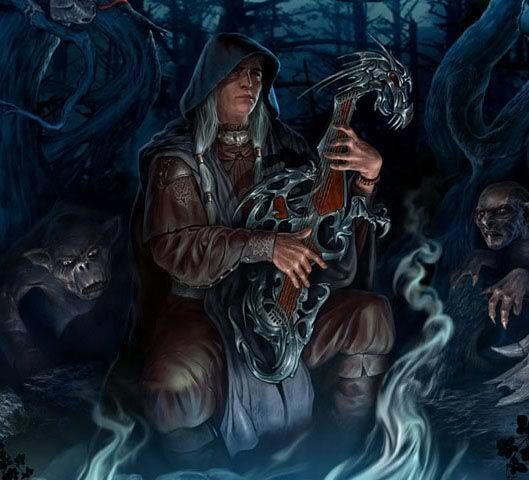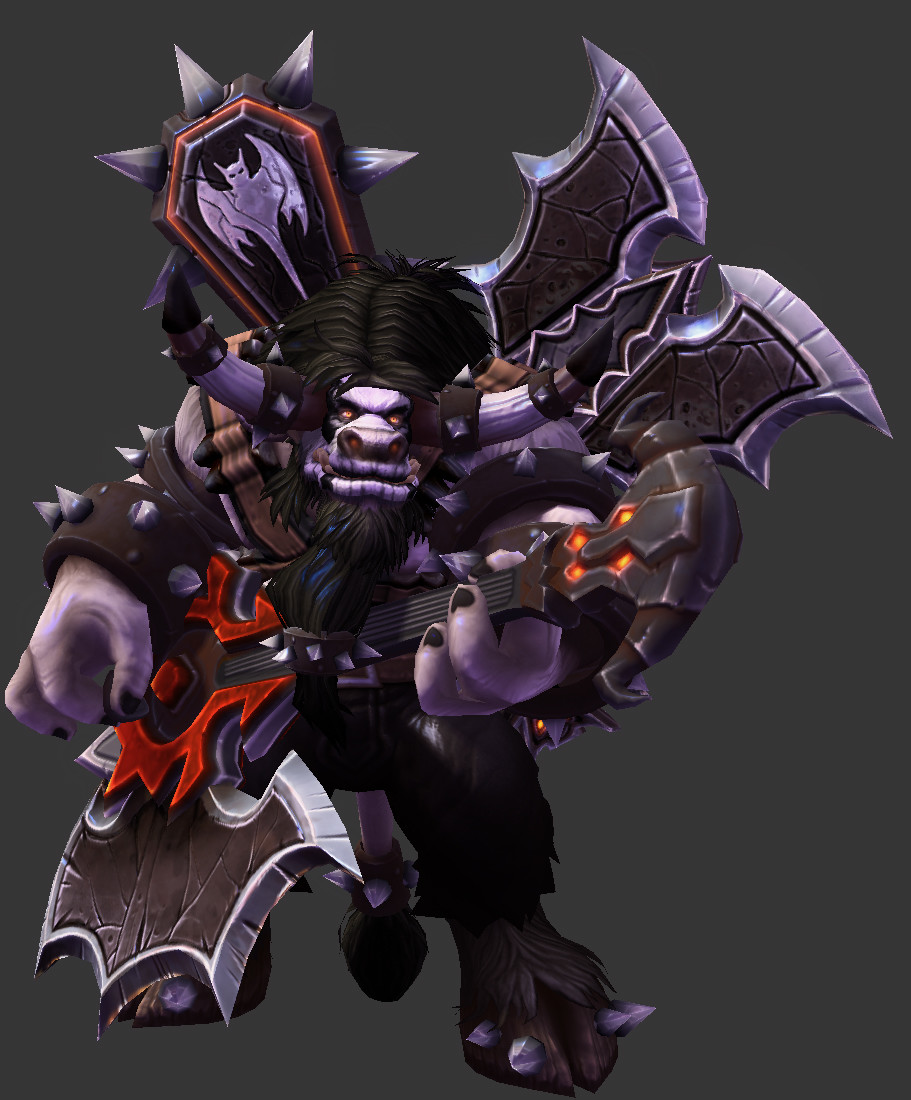The cleric and the wizard are, within the scope of the "Vancian" magic system, pretty close to the tropes of fantasy novels. The bard is not.
That's pretty close to "apart from that, Mrs. Lincoln..."
Vancian is harshly at odds with the usual tropes, besides....
Noting of course, that the Vancian magic isn't a match to Vance's first three novels (as far as I could stand to read of it).
The more concise example is Mazirian the Magician, a short story.
And, unless you trim the spell list and levels, a lot, yeah, D&D not a good model.
And that the proper term is Magic-User, but I'll use Wizard for that class. Sorcerers and Rangers are later additions.
Was the proper term - though I still find myself saying MU now and then.

I was responding more to the
barely looks like it's original in-game version nor their real-world inspirations...
portion, more than the struck-through, though I don't really disagree with that, either.
The current Bard, flinging about a wide variety of powerful magic certainly goes beyond any plausible real-world inspirations, even including myth/legend, like Orpheus or Taelsin.
A D&D sorcerer (good, even well-designed, class as it's been at times), is a sort of Marvel Mutant magic-user, gifted with inborn power.
A 'real' Sorcerer claims magical powers gained from dealing with spirits, and range from legend/fantasy magic-weilders to RL believers and, of course charlatans & grifter. RL sorcerers, of course are far more into bestowing & removing curses and offering to cure medical conditions than throwing fireballs.
Gandalf is only using spells equivalent to a 5th level wizard, & he's a demigod, as well. (See the article in Dragon about this.)
From the various stories, we know Merlin can ... all of which amount to 4th level... Morgan also can polymorph, and she's able to hold person on Merlin... and has a number of other things..
Both really do fill the bill for being 9th level wizards.
A 9th level D&D wizard would have access to spells duplicating the powers they displayed, sure - and more - and would cast them in the contrary Vancian mode - and is only half-way up the level progression.
The cleric really seems to be more akin to Van Helsing
Legend has it, that was the idea.
and the tales of the various miracle working bishops in the Lives of the Saints than the typical fantasy clergy pre-D&D
Yet purports to be some sort of oddball polytheism.
The Wizard really is a good fit to the fiction base.
Everything above argues that they are not. They use aberrant Vancian mechanics that don't even do a fair job of modeling Vance and call upon a dizzying range and power of effects that beggar even the greatest iconic mages of legend & fiction.
That's every bit as far afield as the current D&D bard from the myths of Orpheus or the knowledge & notorious Satire of the Celitc bards of legend.
Rangers have several prototypicals which were explicitly mentioned in the article introducing them;
But they've ranged(pi) far and wide from the original Aragorn clone, becoming TWF specialist, gish & pet-class - as uniquely D&D weirdness as the bard has ever been or become.
again, the adaptation is reasonable, within the class/level/vancian-magic paradigm.
Class/level I can grant, but Vancian is too bizarre a deviation from traditional and genre magic.
In all cases, yes, they do become their own thing, in the same way that D&D is now essentially its own genre
Well,
fine, we can just
agree, then. :hmmph:


 tvtropes.org
tvtropes.org







